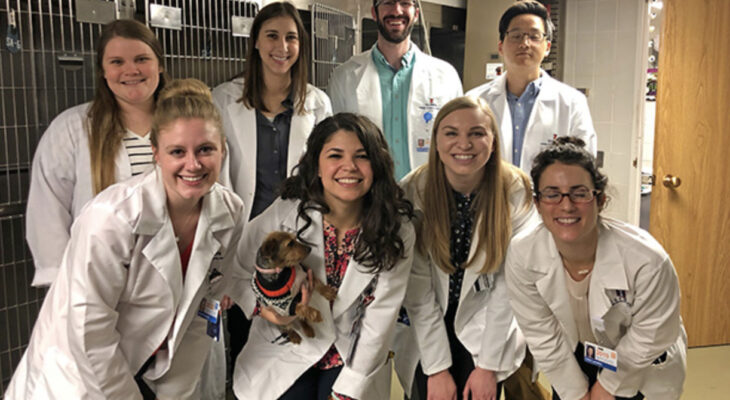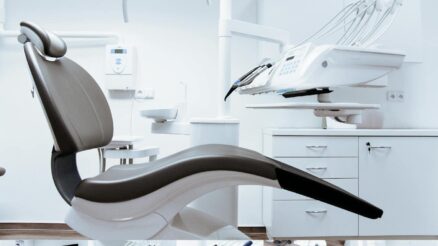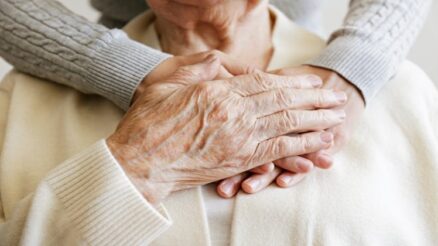Clinical rotations are an integral part of the Doctor of Veterinary Medicine (DVM) program. Clinical rotations are carried out in the final years of veterinary school and fuel the transition from veterinary students to doctors. Veterinary school clinical rotations can be both exciting and nerve-racking as students start to learn more about the clinical experience ivolved in being a veterinary practitioner. Clinical rotations are an excellent opportunity to put your learning into practice. Throughout the rotations, students will examine, diagnose, and treat real patients that need the care of a veterinarian. As clinical rotations in veterinary schools will be conducted in affiliated animal hospitals, students get the chance to work alongside licensed clinicians.
Clinical rotations in veterinary school: an overview
By the beginning of the veterinary clinic, students spend their entire years gaining hands-on clinical experience. Under the supervision of seasoned veterinarians, students record case histories and perform physical examinations, diagnostics, and other clinical procedures while learning responsibility for treatment, cases, and client management.
Through clinical rotations, students will develop an idea of working in small-animal and large-animal hospitals. Therefore, clinical rotations are a fundamental part of the academic life of a veterinary student.
Importance of clinical rotations in veterinary school
By the time students graduate from veterinary school, they are fully equipped to become practicing veterinarians, and clinical rotations play an integral part in making this happen. The clinical rotations are important because they bridge academic learning and hands-on practice, which is required to work in a hospital setting.
Veterinary school students start to pave their way to become a veterinary starting from clinical rotations. There are many ways reasons why clinical rotations are important in veterinary school:
- Teaches students to manage caseloads: As students approach clinical rotations, they are required to ramp up in managing emergencies, handling cases, and on-call schedules, which are new to veterinary students. Therefore clinical rotations can make them familiar with various processes.
- Offers an opportunity to work with patients: Veterinary students can get a chance to perform medical examinations to diagnose an illness and provide care and animal for different situations.
- Develop clinical abilities: Developing excellent clinical ability is fundamental to building a successful career as a veterinary. During clinical rotations, students get the opportunity to develop clinical skills by receiving hands-on training. It is also the best time to develop clinical skills to help them later in their careers.
- A chance to learn new procedures: During clinical rotations, students can witness and learn new methods using an array of tools and technologies that they have been learning about during their basic science years. Therefore, during clinical rotations, classroom teachings are put to practical application for a better understanding of the concepts.
Becoming a veterinarian is often a rewarding career option as it puts you in direct contact with animals and allows you to nurture and care for them. Apart from helping animals, a career in veterinary medicine is financially rewarding too. If becoming a veterinarian is your dream, then the Doctor of Veterinary Medicine program can be your first step towards it. So, look for the best DVM program that offers excellent clinical rotation opportunities and take the first step towards your dream career.





